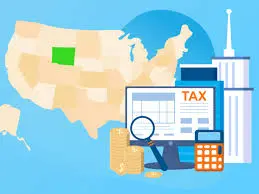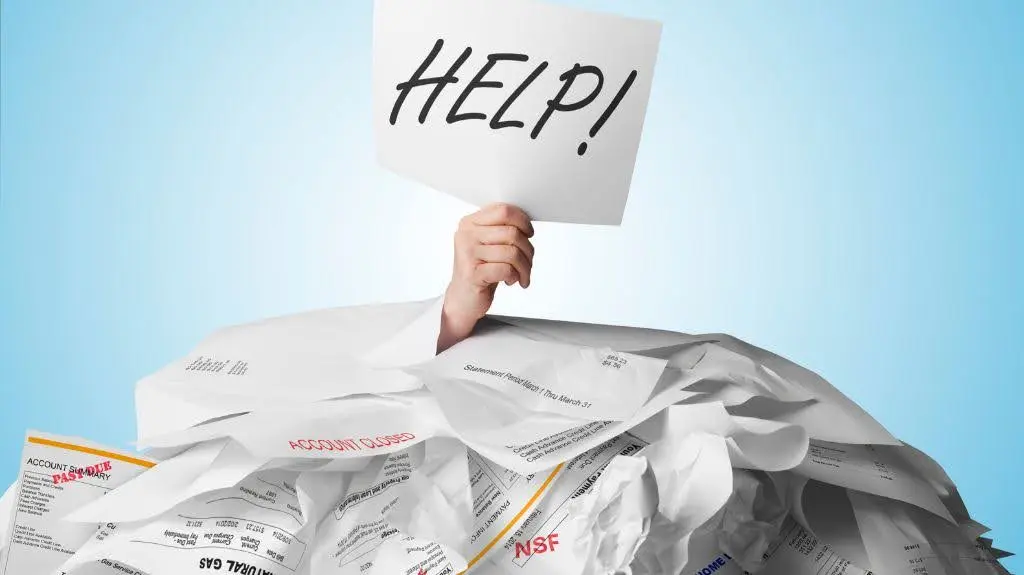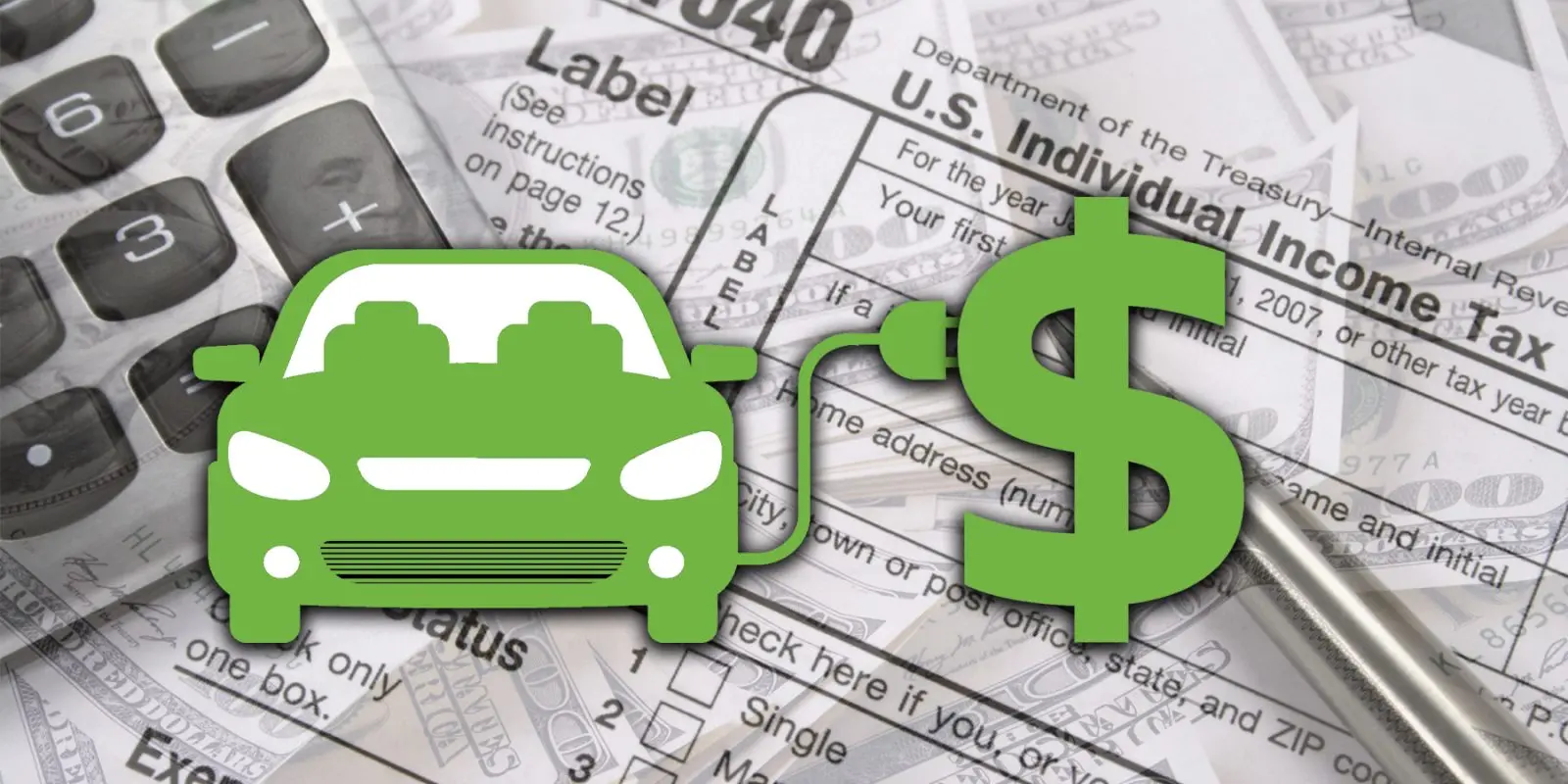Tax Levy Help – Understanding Your Options and How to Take Action
A tax levy can be a frightening experience for any taxpayer. If you owe back taxes, the IRS or state authorities may take action to collect what you owe through a tax levy, which could involve garnishing your wages, seizing bank accounts, or even liquidating property. Understanding your options and how to take action is crucial to protecting your assets and minimizing the financial impact.
What Is a Tax Levy?
A tax levy occurs when the IRS or state government legally takes possession of your assets to satisfy a tax debt. It is typically a last resort after multiple attempts to collect taxes through notices or levies. Here are common forms of tax levies:
- Wage Garnishment: The IRS can seize a portion of your paycheck directly from your employer.
- Bank Levy: The IRS can freeze and seize funds from your bank accounts.
- Property Seizure: The IRS can seize and sell your property, including vehicles, real estate, and personal items.
- Social Security Benefits Levy: In some cases, the IRS may seize part of your Social Security benefits.
Why You Need Tax Levy Help
If you’ve received a notice of a tax levy, it’s critical to take action quickly. Ignoring the levy could result in significant financial hardship and the loss of valuable assets. Here’s why seeking professional tax levy help is essential:
- Stop a Wage Garnishment A wage garnishment can drastically reduce your income, making it difficult to meet your living expenses. A tax professional can help stop or reduce the amount being garnished.
- Prevent Bank Account Seizure If the IRS places a levy on your bank account, they can seize the funds, leaving you without access to your money. A tax professional can work to prevent this action or arrange a repayment plan.
- Protect Your Property If you are facing property seizure, a tax professional can help you explore options to resolve the debt without losing your property.
- Tax Relief Options There are several tax relief programs that may be available to you, including Offer in Compromise (OIC), Installment Agreements, and Currently Not Collectible (CNC) status. These options can help reduce or eliminate your tax debt.
- Expert Negotiation Experienced tax professionals can negotiate with the IRS or state tax authorities on your behalf, ensuring that you receive the most favorable terms possible.
Options for Resolving a Tax Levy
There are several options available for resolving a tax levy. A tax professional can help you determine which option is best for your situation. Some of the most common options include:
1. Appeal the Levy
If you believe the tax levy is unjust or you have a valid reason to dispute the debt, you may be able to appeal the levy. An attorney or tax professional can assist with filing an appeal and presenting your case to the IRS or state tax authorities.
2. Installment Agreement
An installment agreement allows you to pay off your tax debt over time in manageable monthly payments. The IRS may accept this option if you cannot pay the full amount in one lump sum.
3. Offer in Compromise (OIC)
An Offer in Compromise (OIC) is a settlement option that allows you to pay less than the total amount of your tax debt. If you qualify, the IRS may accept a lower payment as full satisfaction of your tax liability.
4. Currently Not Collectible (CNC) Status
If you are facing severe financial hardship, you may qualify for Currently Not Collectible (CNC) status, meaning the IRS will temporarily stop collection efforts. While this option doesn’t eliminate your tax debt, it can provide temporary relief.
5. Bankruptcy
In some cases, filing for bankruptcy may help discharge certain types of tax debt, including income tax debt. A tax professional or bankruptcy attorney can help you understand if this option is available to you.
How to Take Action Against a Tax Levy
If you are facing a tax levy, it’s important to take action immediately. Here are the steps you should follow:
- Review the Notice Carefully read the notice of levy you’ve received from the IRS or state tax authority. This notice will outline the actions the tax agency is taking and provide information on how to resolve the issue.
- Consult a Tax Professional A tax professional can help you understand the specifics of your tax situation and guide you through your options. They can also help negotiate with the IRS or state authorities to stop the levy.
- Explore Tax Relief Programs Research and consider whether you qualify for tax relief programs, such as an Offer in Compromise or an Installment Agreement. A tax advisor can help you determine the best course of action based on your financial situation.
- Make Your Payment If possible, make a payment to reduce your tax debt. The IRS or state tax authorities may be willing to work with you if you show a good-faith effort to resolve the issue.
- Request a Temporary Hold If you are in financial hardship, you may be able to request a temporary hold on the levy. This can provide you with some breathing room while you work to resolve your debt.
How to Choose the Right Tax Professional
Choosing the right professional to help with your tax levy is crucial to resolving the situation quickly and effectively. Here are some tips to help you find the right expert:
- Experience Look for a tax professional who specializes in tax levies and has experience working with the IRS. They should have a deep understanding of tax law and the levy process.
- Credentials Verify that the tax professional holds the necessary credentials, such as being a Certified Public Accountant (CPA), Enrolled Agent (EA), or tax attorney.
- Transparency Make sure the professional is transparent about their fees and services. Avoid any professionals who make unrealistic promises or charge excessive fees.
- Reviews and References Read reviews or ask for references from previous clients who have dealt with similar tax levy situations. This can give you insight into the professional's ability to resolve your case.
Common Questions About Tax Levies
- How long does a tax levy last? A tax levy can last until the debt is paid off, or until you reach an agreement with the IRS to resolve the issue.
- Can the IRS take my Social Security benefits? In some cases, the IRS can seize part of your Social Security benefits to pay off your tax debt.
- What should I do if I can't afford to pay the levy? If you cannot afford to pay, speak with a tax professional about your options for negotiating with the IRS, such as applying for an Offer in Compromise or requesting Currently Not Collectible status.
Conclusion: Take Action Today to Resolve Your Tax Levy
Facing a tax levy can be overwhelming, but you don’t have to handle it alone. By understanding your options and taking swift action, you can protect your assets and minimize the financial impact. Seek help from a qualified tax professional to navigate the complexities of the tax system and resolve your tax levy in the best possible way.
Start today by consulting a tax advisor who can guide you through the process and help you regain control of your financial future.
Explore

Tax Return Donation: Understanding the Benefits and How It Works

Comprehensive Guide to Student Loan Assistance Options: Find the Right Help for Your Education Debt

Understanding Mesothelioma Treatment Options in 2025

Tax Relief Services: A Comprehensive Guide for Individuals and Businesses

Your Safety Matters: How a Slip and Fall Attorney Can Help You Seek Justice

Unlocking Financial Freedom: Your Guide to Tax Debt Relief Solutions

Electric Car Tax Credit 2025 — How to Save on Your Next EV Purchase

Maximize Your Savings: The 2025 Electric Car Tax Credit Explained
